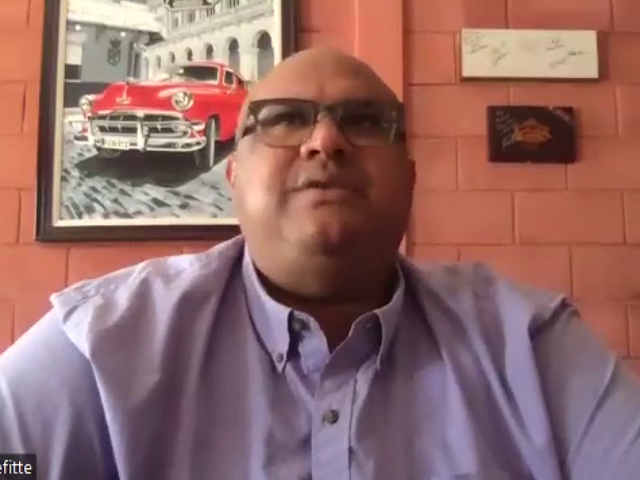With all the breaking and mending that has been taking place within the United Democratic Party, Chairman Michael Peyrefitte has been a constant party figure. There has been no conversation about him leaving the party, whether by force or willingly. So, does that mean that members are satisfied with Peyrefitte’s performance, despite the U.D.P.’s recent defeat at the municipal polls. Well, we asked him and he said his party is pleased with his performance, at least to his knowledge.
Michael Peyrefitte, Chairman, U.D.P.
“Listen to me, I was giving someone the statistics the other day. We look at this PUP like some juggernaut. When the UDP won the Belize City Council in 2006, it wasn’t for another twelve years that they won the city council if my math’s is correct. We have been in this situation for three years, going on four years. It is not a very long time; it feels like a long time given what has happened. And we have a current prime minister who was not the leader of the party eighteen months before he became prime minister. Things change. So, politics I am very fluid. What I can tell you about me is that nobody will tell me when it is time to leave. I will make that determination. I was voted in by the national convention to be the chairman. There are a provision within the constitution of the party, that you can call a national convention and you can remove me if you want. People are free to do that and then having not done it, and we show no lack of interest in triggering these things, if that is what people want to do within the party, they would have done that, but if enough people come to me in the party and tell me they want me to go, I’ll go.”
